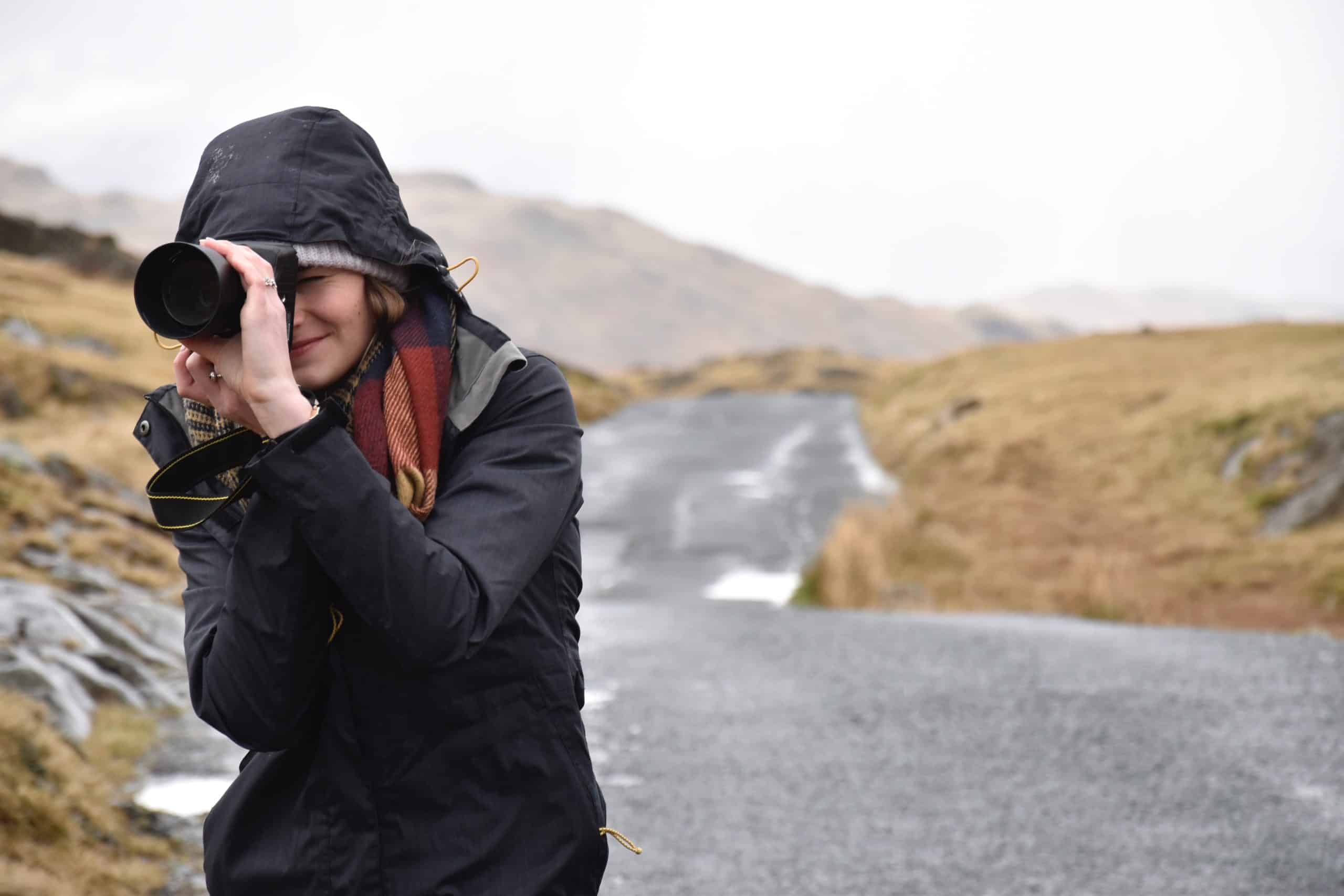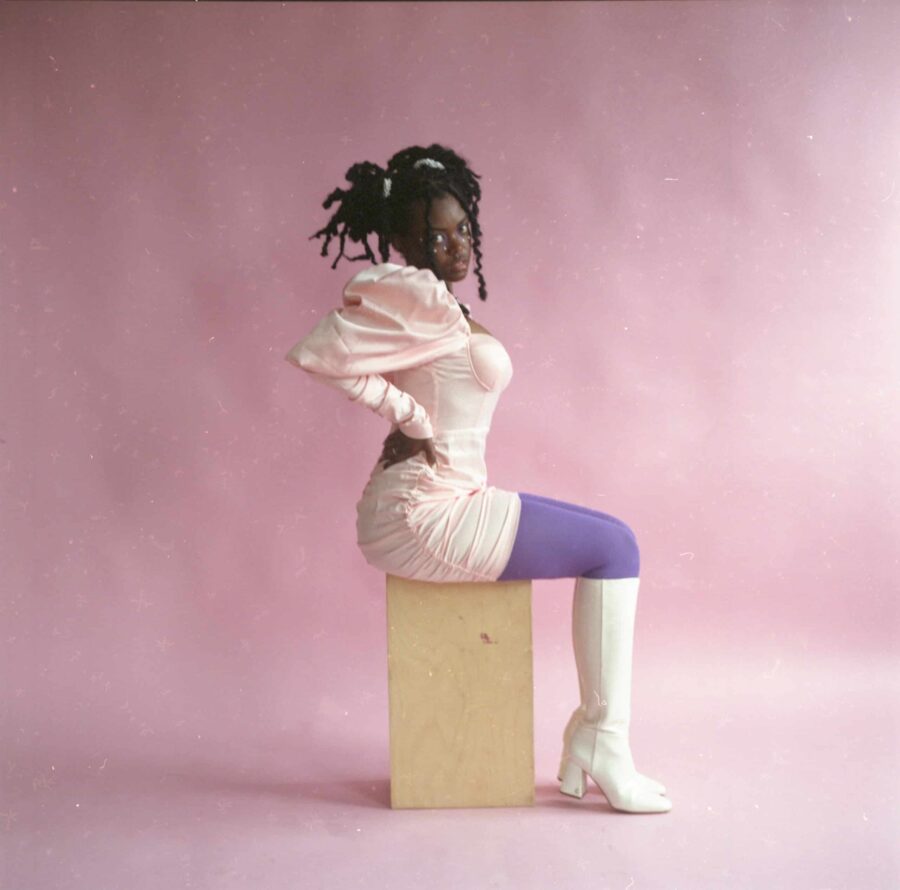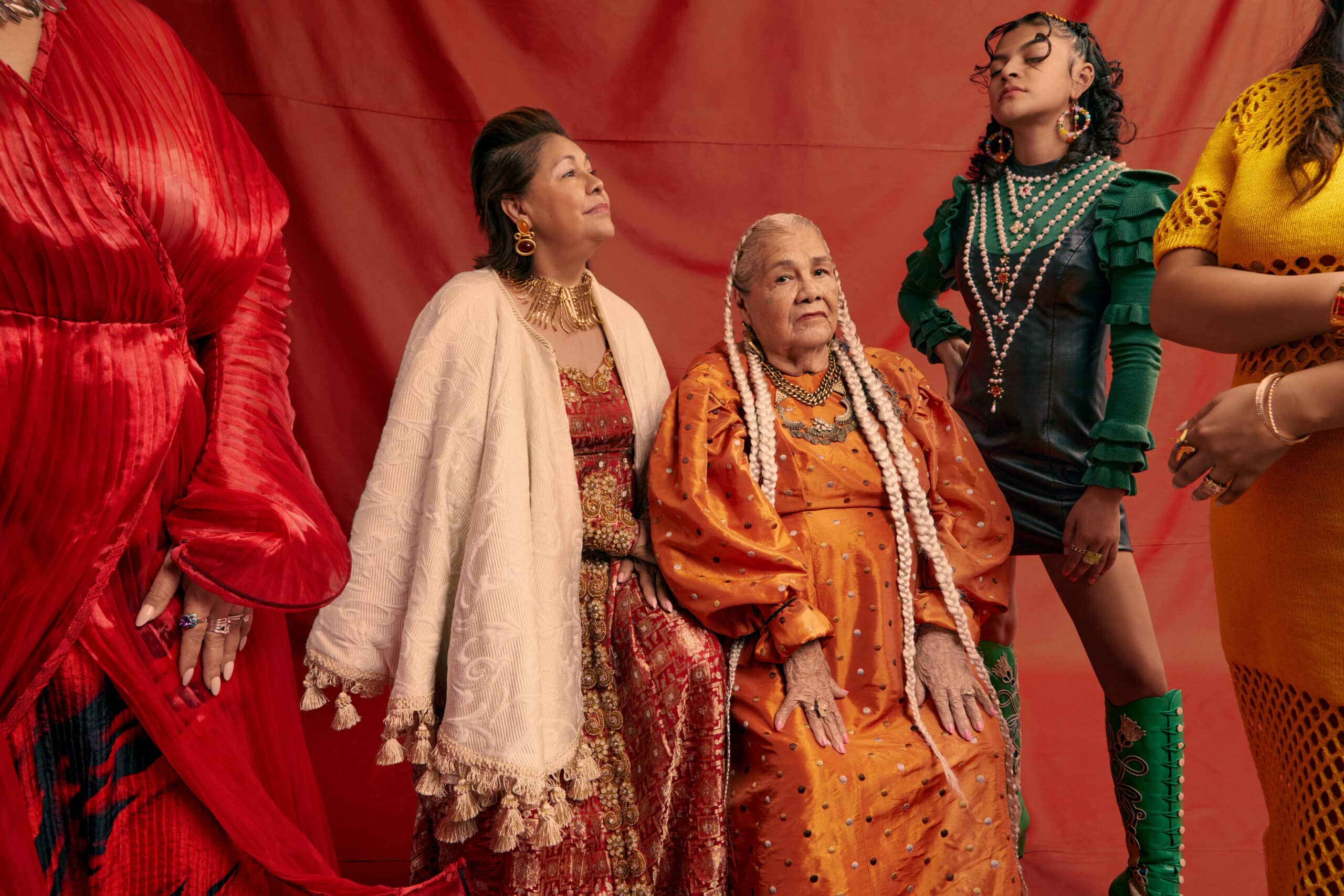As a creative professional, your skills are in high demand. Not everyone can do what you do. You’ve studied your craft, dedicated time to building a strong online portfolio website and can manage your business like a pro. When you’re at this point in your career, and you’re booking jobs like crazy, it can be a mixed blessing.
On one hand, you can support yourself financially. On the other hand, it’s easy to get sidetracked from your artistic pursuits. Maybe you were originally going to shoot weddings to fund your investigative documentary but now it’s several years later and there are more wedding albums in your hard drive than documentary footage.
It’s a common problem and something all creative professionals face. When you have money, you don’t have time—and vice versa. The best way to work on your personal projects is to maximize your time by turning down jobs that you’re less interested in. It can be hard at first, but you need to schedule hours that are dedicated to your passion project.
The next thing you need is funding. You’ve done the brave thing and turned down a paying job—but now what? You still need money to make your personal project a reality. This is the conundrum of being a working creative professional. Luckily there are a few ways you can fund the artistic side of your practice without losing more precious time on gigs you’re not inspired by.

1. Apply for Grant Money
Grants are sums of money given to support cultural or research projects. They are usually provided by private, non-profit institutions or government organizations.
The grants available to you will depend on what country you live in. Often there are stipulations based on location, and age. Grants are usually divided into emerging, mid-career and established levels.
There are several kinds of grants with many deadlines. Some grants will fund small projects. Others could provide enough money to work on projects for a year.
Before going through with an application it’s important to carefully read the eligibility details. Consider if the grant is suited to your type of work as well. If there’s a niche your work fits into see if there is a grant that specifies your interests.
After you’ve found a grant that fits you and your project, it’s imperative that you follow the application directions exactly. When there’s “free money” on the table, there’s also a lot of competition. To weed through the sea of applicants, the funding body will take any opportunity to turn you down.
If they specify to use paper clips, and you used staples, they will simply throw your application in the trash. So cross all your t’s and dot your i’s!
Other tips for a successful application include avoiding jargon, defining your project within the first paragraph, and having high quality documentation. It doesn’t need to be a super serious affair, however. A little humour and personality can make your application stand out.
Want to read more about grants? Here are 5 tips for writing better grants from National Geographic’s director of photography Sarah Lean.

2. Go to an Artist Residency
Imagine a place where you can work on your passion project, and you have everything at your disposal to make that happen. These magical places are called artist residences and they can be found in different sizes and shapes around the world.
They’re an incredibly valuable resource for artists and often provide a stipend, room, studio and even meals. A photography residency should provide equipment and lab amenities. It can be a huge weight off your shoulders and let you really focus on making high quality work.
Residencies are competitive and can be tedious to organize. All good things come with lots of paperwork! However,the opportunity can come with access to a like-minded community, networking opportunities, and exhibition possibilities.
To find artist residency listings check out sites like Res Artis and Residency Unlimited.
Some prestigious residencies include: Eyebeam (NYC, USA) The Banff Centre (Alberta, CA) Vermont Studio Center (Vermont, USA) Omi International Arts Center (New York, USA)

3. Use a Crowdfunding Platform
So you’ve tried applying to artist residencies and grants but you’ve had no luck. This shouldn’t discourage you. For an emerging artist it can be difficult to get your first accolade. It can be especially difficult if the projects you want to create are especially expensive.
For personal projects that require travel or specific equipment you may need some financial support to get you off the ground. So what can you do? Crowdfund! You’ve likely seen other people in your community promote their crowdfunding campaigns on Kickstarter and Indiegogo. If you have a compelling case, it’s time to sign up for an account.
Crowdfunding allows your community to invest in you. Typically, a crowdfund site includes a video statement and outline of your project. This explains what the donation will support, why it is important, and how it will help you as an individual.
In other words: what will this money allow you to do. Have you ever dontated to a crowdfunding campaign? Think about what made you loosen your purse strings. Ultimately, the people in your life want you to succeed and usually rush to help. When you can get your community just as excited about your project as you are, they will quickly come onboard.
Don’t underestimate how a series of small donations can amount to a large sum allowing you to achieve a small project—every little bit counts!
A smart strategy for artists who use crowdfunding is to create extra incentives. Depending on the amount donated, you can offer small editions or artworks as a reward. For example, for a $100 donation, you can send a 20 x 16″ photograph from an edition of 20. The larger the donation the bigger the prize.
Providing something in exchange for a donation makes the crowdfunding reciprocal. Think of it more as a barter system rather than a charity. They help you realize your artistic pursuit and in exchange you provide them with an original or limited edition artwork.
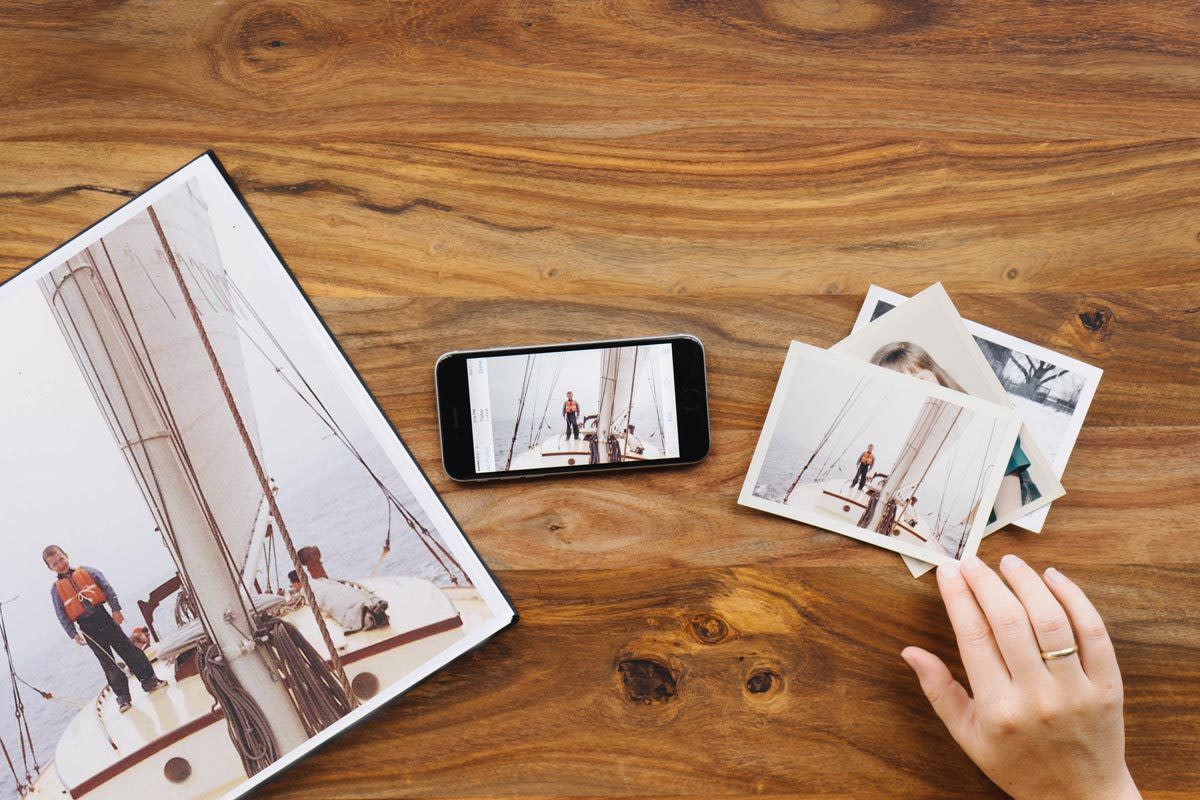
4. Sell Your Own Photo Book
If crowdfunding doesn’t feel like your thing, you can cut straight to the chase and sell a photo edition or small run of a photo book as a method to raise funds.
You can create a book of your work through popular self-publishing companies like Blurb, Artifact Uprising and Lulu. Similar to how the internet made crowdfunding easier and more accessible, it also created opportunities for self-publishing for an affordable price.
This is a great way of raising money but, even better, you can use this as an opportunity to promote your work. Self-publishing a book can be a fantastic way of expanding your audience. Popular sites such as Self Publish Be Happy have boomed in response to a trend in the creation of artist books. Expanding your audience to include book enthusiasts can lead to new opportunities.
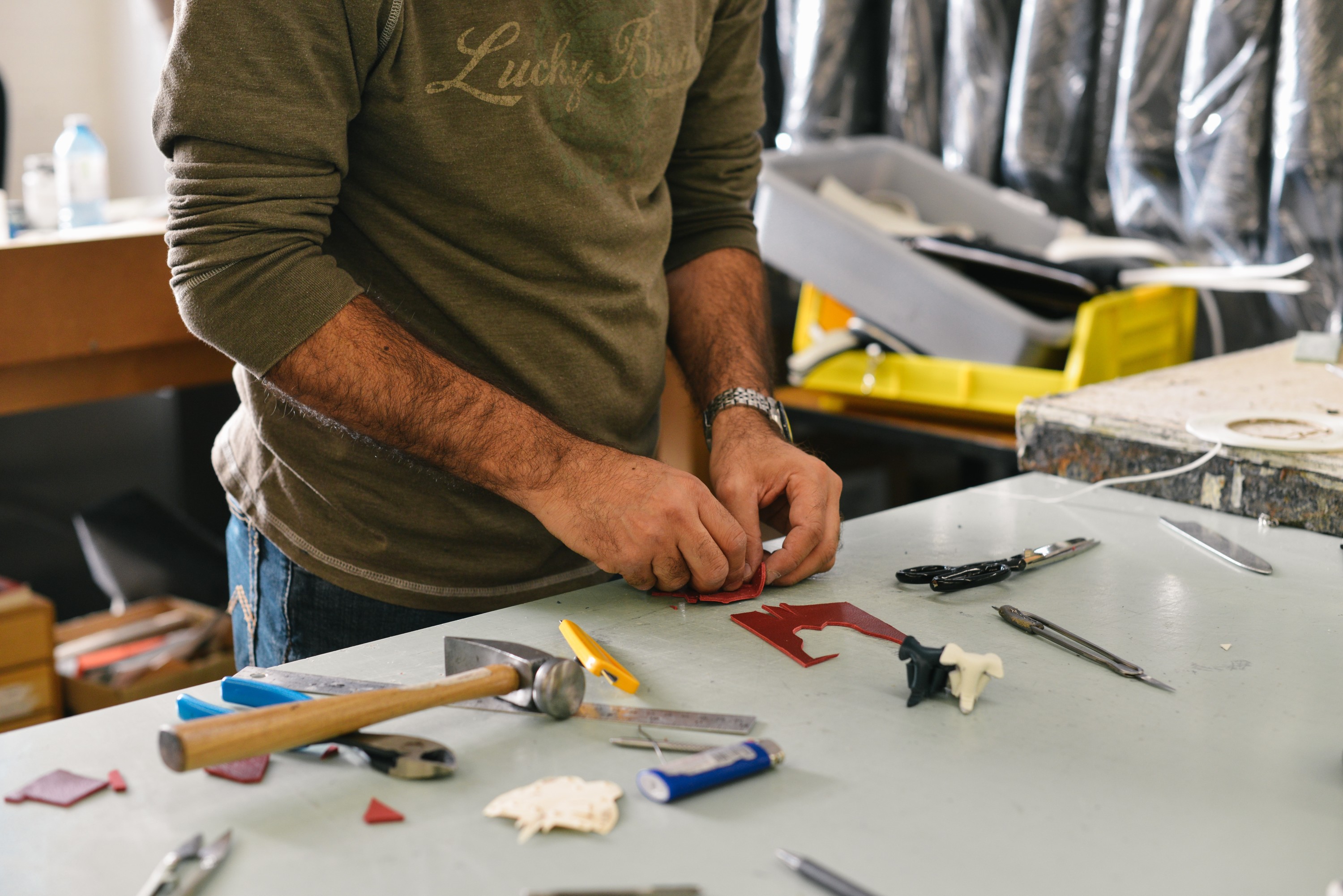
5. Win a Commission
Maybe you want to flex your creative muscle in a different way. Scope out posting by public and private institutions for art commissions to find one that suits your particular project. You can gain accolades, while working on something related to your project, while funding it at the same time.
Postings for commissions tend to pop up in arts organizations, job listings and government arts council websites. The great thing about commissions is that it builds a future exhibition into a funding opportunity.
Commission applications often involve not only a proposal but also a budget, a model or 3D render, and a series of mockups. Be warned though, working on a commission can run the risk of situations where you have to compromise. This is a consequence of working with a committee or a series of logistical conditions.
You should make sure that your idea is a good fit, and keep your ego in check. Writing an application for something you won’t get is a waste of time you could spend on your personal project, defeating the entire purpose.
How did you fund your personal project? Let us know by tagging @useformat on Twitter, Instagram or Facebook!
All images by Unsplash, Artifact Rising
